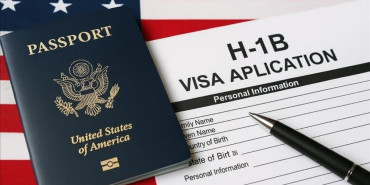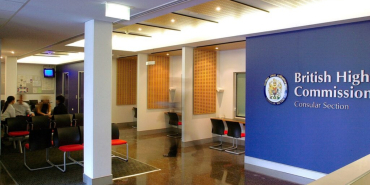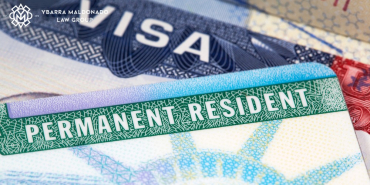UK Opens its Doors to Remote Working Visitors

The United Kingdom has implemented a new immigration policy that caters to remote work.
This exciting development allows visitors on standard tourist visas to work remotely while they explore the country's rich culture and history. However, it's crucial to understand the nuances of this program, as it differs significantly from the digital nomad visas offered by other popular destinations. Gone are the days of requiring a separate visa for research activities. Effective January 31, 2024, visitors with tourist visas can freely conduct research in the UK, whether independent or related to their overseas employment.
This eliminates unnecessary paperwork and streamlines the process for researchers, scientists, and academics. The UK's approach to remote work prioritizes tourism. While visitors can work remotely during their stay, the primary focus should remain on traditional tourist activities like sightseeing, visiting family, attending conferences, or engaging in other non-work-related pursuits. This contrasts with countries offering dedicated digital nomad visas.
To ensure this balance is maintained, the UK has established clear guidelines. Visitors are permitted to perform remote work for their overseas employers but are strictly prohibited from entering the local job market, working for UK-based companies, or directly providing services to the public. The recent changes extend beyond research opportunities. The UK is also expanding its Permitted Paid Engagements (PPE) program to include conference speakers. This allows these professionals to receive payment for their engagements within 30 days of arrival, facilitating a smoother experience.
The UK's new policy presents a unique opportunity for remote workers. By carefully planning their itinerary, visitors can enjoy the UK's offerings while maintaining their work productivity. Remember, the role of a visitor remains paramount, and remote work should complement, not overshadow, the primary purpose of your visit.














Add new comment